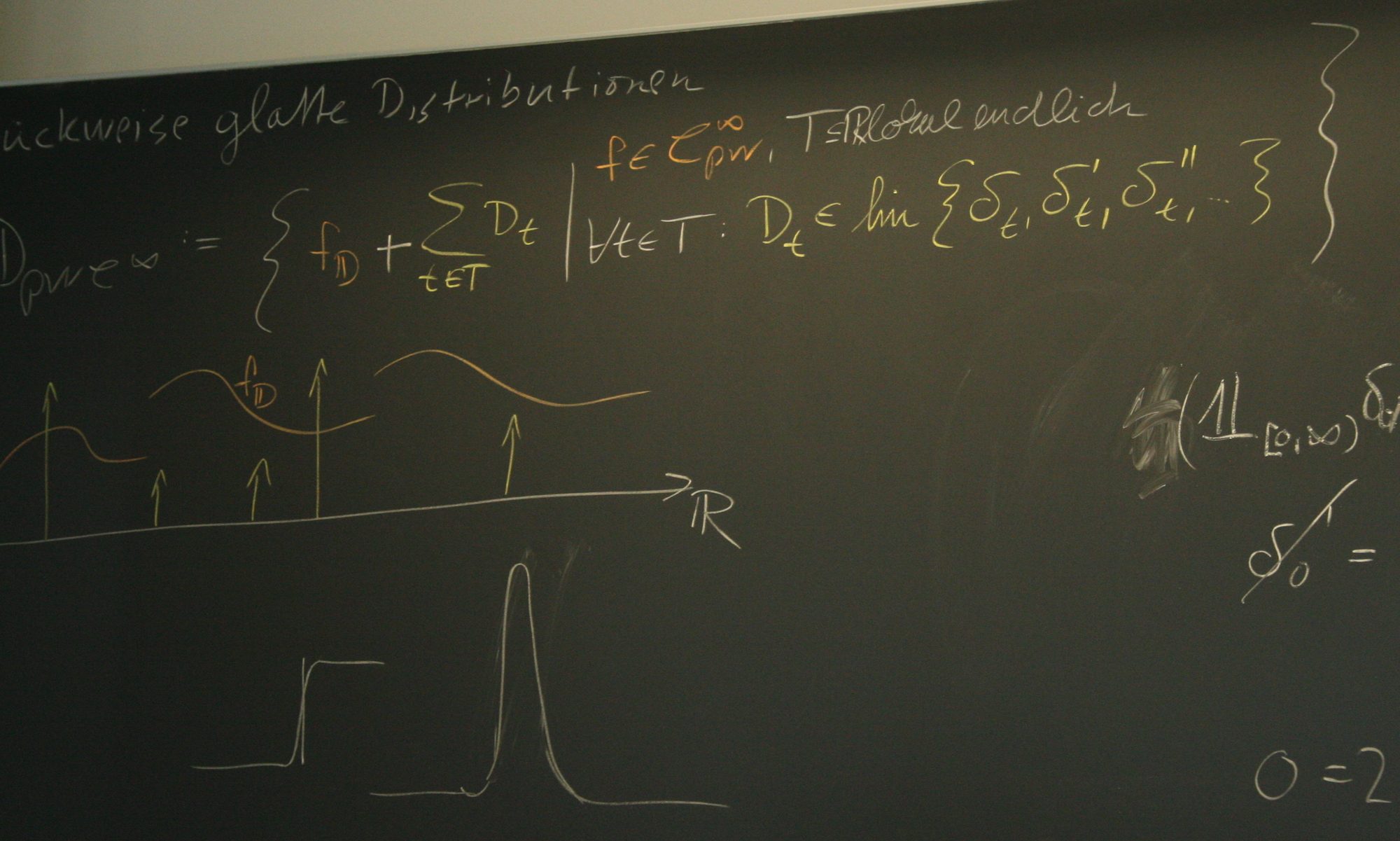We have submitted the following two papers to the ECC’20 taking place in St. Petersburg, Russia:
Wijnbergen, Paul; Trenn, Stephan Impulse controllability of switched differential-algebraic equations Proceedings Article In: Proc. European Control Conference (ECC 2020), pp. 1561-1566, Saint Petersburg, Russia, 2020. @inproceedings{WijnTren20,This paper addresses impulse controllability of switched DAEs on a finite interval. First we present a forward approach where we define certain subspaces forward in time. These subpsaces are then used to provide a sufficient condition for impulse controllability. In order to obtain a full characterization we present afterwards a backward approach, where a sequence of subspaces is defined backwards in time. With the help of the last element of this backward sequence, we are able to fully characterize impulse controllability. All results are geometric results and thus independent of a coordinate system. |
Lee, Jin Gyu; Berger, Thomas; Trenn, Stephan; Shim, Hyungbo Utility of edge-wise funnel coupling for asymptotically solving distributed consensus optimization Proceedings Article In: Proc. European Control Conference (ECC 2020), pp. 911-916, Saint Petersburg, Russia, 2020. @inproceedings{LeeBerg20,A new approach to distributed consensus optimization is studied in this paper. The cost function to be minimized is a sum of local cost functions which are not necessarily convex as long as their sum is convex. This benefit is obtained from a recent observation that, with a large gain in the diffusive coupling, heterogeneous multi-agent systems behave like a single dynamical system whose vector field is simply the average of all agents' vector fields. However, design of the large coupling gain requires global information such as network structure and individual agent dynamics. In this paper, we employ a nonlinear time-varying coupling of diffusive type, which we call `edge-wise funnel coupling.' This idea is borrowed from adaptive control, which enables decentralized design of distributed optimizers without knowledge of global information. Remarkably, without a common internal model, each agent achieves asymptotic consensus to the optimal solution of the global cost. We illustrate this result by a network that asymptotically finds the least-squares solution of a linear equation in a distributed manner. |

